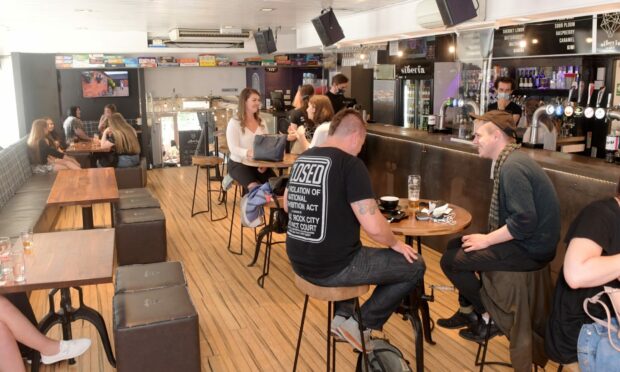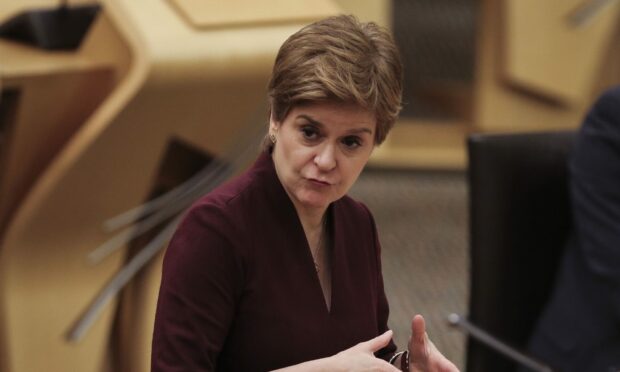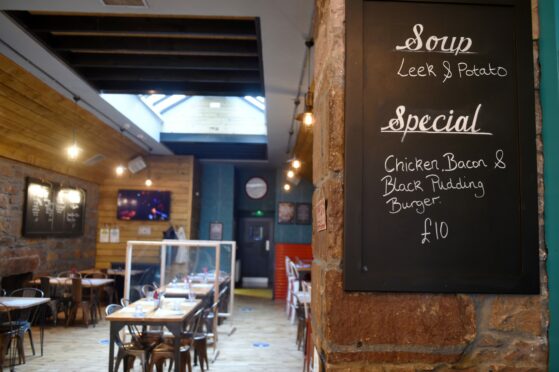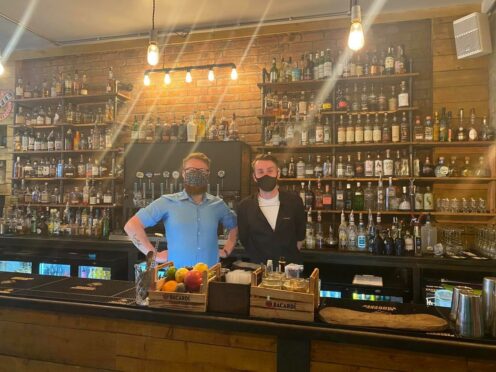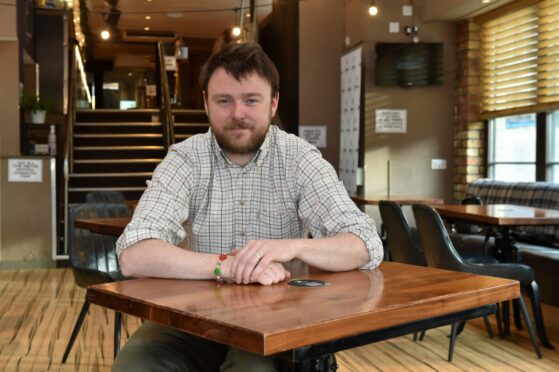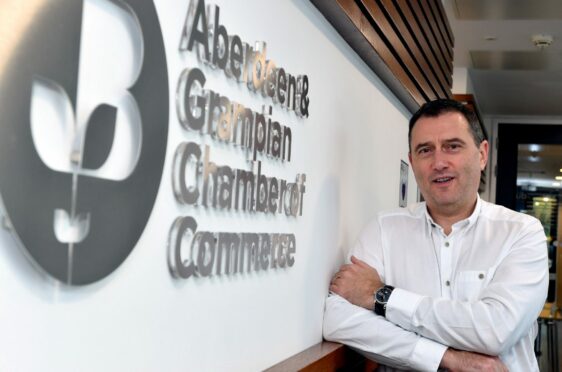First Minister Nicola Sturgeon today announced the lifting of several restrictions that were having a detrimental impact on the hospitality industry.
During a briefing that took place on December 21, Ms Sturgeon announced that all indoor and outdoor public events were to have a cap on numbers from December 26 for three weeks – due to concern over the Omicron surge.
This meant that sports matches, including football, were effectively spectator-free and large-scale Hogmanay celebrations did not proceed.
Restrictions were reintroduced in hospitality settings serving alcohol for consumption on the premises, including a requirement for one-metre distancing and table service only.
The first minister advised that no more than three households should meet at indoor public places at one time, too.
However these measures are to be lifted from Monday January 24, which has come as welcome news to hospitality bosses in the north and north-east.
‘It will pump more energy back into the industry’
Joe Martin, general manager at Cru Holdings, said: “As with the rest of the country and professional sectors, the restrictions (from December 27) have caused a great amount of strain on us.
“We’ve had to think on our feet and adapt in real-time to stay open and serve our customers with a smile.
“But we have been working through restrictions for a long time now. Customers and staff following rules have become second nature and we’ve proven that we can operate safely.
“The first minister should be empowering us to reopen again, assisting us with clear-cut, easy-to-follow guidelines and letting us begin to return to normality.
“I’m delighted to see bar service and the late-night club scene resume.”
Cru Holdings did not have to close the doors of its award-winning group of bars and restaurants based in the Highlands following the December 21 announcement.
However the hospitality group reintroduced table service across its venues, which includes Prime, Bar One, Scotch & Rye, The Classroom, The Wee Bar, The White House and The Keg.
With this no longer a requirement, Joe believes it will “pump some more energy and excitement back into the industry”.
“The industry needs to get back up and running,” the 28-year-old added.
“Some venues can only operate in a nightclub environment, while some bars and restaurants rely on a consistent nightlife scene to really thrive.
“It’s going to be very refreshing to have a more sociable bar service resume.”
While many restrictions have eased, people in Scotland are still being asked to self-isolate for seven days.
Joe hoped this period would be shortened, adding: “If the isolation period was reduced, our staff turnover time would reduce – meaning less stress on remaining staff, and much less detriment to isolating staff’s mental health.”
Optimistic outlook
As for Siberia Bar & Hotel, based on Belmont Street in Aberdeen, the reintroduction of table service meant its capacity went from 374 to 160.
However Stuart McPhee, director of the bar and spokesman for Aberdeen Hospitality Together, has remained optimistic.
“If we got ourselves wound up in the negativity of it all, it would have been self-destructive,” Stuart said.
“It’s the hand that we’ve been dealt.
“We have lost a lot of capacity. Because our tables are distanced one metre apart, it has taken away a third of people that we can have at any one time.
“But as ever, we tried to make the most of it and engage in table service as much as possible.”
He went on to say: “For me it wasn’t so much the restrictions that were the issue at the time, but the broader messaging that people were being told to adhere to – stay at home and completely avoid contact with others.
“It’s been a tougher period of time than any other throughout the entire pandemic, in my opinion.
“We’ve chosen to stay open in the face of the restrictions but no one has come to see us. We’re talking about record-breaking lows from this past business year.
“I was very positive after last week’s announcement and the change of tone that socialising was alright again.
“We’ve found ourselves in a position that we’ve been restricted throughout December and most of January, and we can have some optimism potentially that from February onwards (for so much as the rest of the year) that we can get back to normal and look at things we can do to stimulate business in the long-term. We’ll be investing in change and adapting.”
Too little, too late
Tony Cochrane, owner of Club Tropicana, says the restrictions should have been announced last week.
“It’s good to hear but I think the restrictions were held a week too long. There was no way they could continue. There was no data or evidence to show it.
“The fact that they opened up sports last week, it had to be done. So obviously we are happy, but we are not happy to have been closed all this time.
“The changes will get us back open again because we have been closed all this time.”
End ‘work from home’ message
Responding to the first minister’s announcement, Russell Borthwick, chief executive of Aberdeen & Grampian Chamber of Commerce, said: “We welcome the decision to ease the restrictions which have crippled our hospitality and leisure sectors over their most crucial trading period of the year.
“However, the decision to gamble the viability of these firms on stricter measures, which made little difference to infections, will go down as one of the biggest failures of government during this pandemic.
“This has been compounded by an inability to provide meaningful and prompt support to affected companies.
“The government has been unable to provide evidence to support the extension of vaccine passports, therefore it is encouraging to see a change of direction from ministers.
“Similarly, there has been no evidence provided to support the ‘work from home message’, which must now be brought to an end.
“Companies have spent millions on making workplaces safe for staff and visitors, yet still we are forced to sit at our dining tables, distant from colleagues and customers.
“Offices are a vital part of our town and city centre economies and without the return of the associated footfall, the businesses that support these workers are being placed under existential threat.
“As we exit this Omicron wave, protecting Scottish jobs is every bit as important as limiting the spread of this milder virus. The government must do more to get this balance right.”
